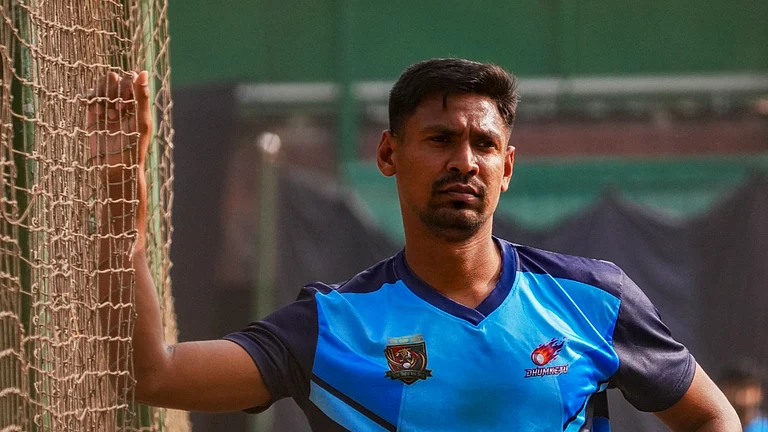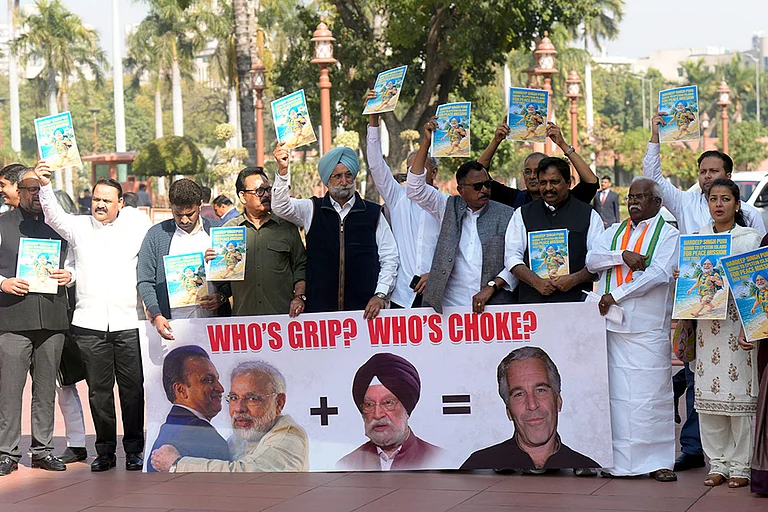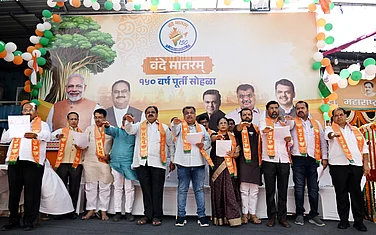Prime Minister Narendra Modi’s security breach in poll-bound Punjab has triggered flare-up of Centre-State tensions. Serious questions have also sprung up over the withdrawal of special security cover of several former non-BJP Chief Ministers, post-2014.
The decision to remove Special Security Group (SSG) cover to four former J&K Chief Ministers, Farooq Abdullah, Omar Abdullah, Ghulam Nabi Azad and Mehbooba Mufti, follows the withdrawal of special security cover granted to several former non-BJP chief ministers.
While the Union Home Ministry had withdrawn the Z+ Category security cover granted to former Uttar Pradesh Chief Minister Akhilesh Yadav in July 2019, the security cover of many other chief ministers was downsized despite the high threat-perception.
Yadav, who had a team of about 22 National Security Guard (NSG) commandos, armed with sophisticated weapons as part of his security cover, has questioned the rationale behind the government move. “My security was withdrawn. Why it didn’t become an issue for the media?” asked Yadav in a TV interview recently.

(National Security Guard | Credit: Getty Images)
“Those who are in the field of politics, shouldn’t be afraid of threats to their security,” he said, asserting that there was an urgent need for strengthening the Prime Minister’s security cover. He demanded that officials entrusted with the responsibility of PM’s security should immediately be placed under suspension or terminated from the services. “It is not an issue that should be politicised,” he remarked, and asked emphatically, “But why was my NSG cover removed? Do you have any answers?”
He said he wasn’t assigned any reasons before the security was withdrawn. Referring to some recent incidents of extra-judicial killings and murders in his state, Yadav said, “They are concerned about their security. Are they concerned about the security of the Opposition leaders? Are they bothered about the security of common people?”
In Jammu and Kashmir as well, the Lt Governor Manoj Sinha led Union Territory administration’s recent communication to the Additional Director General of Police, Security, has evoked sharp reaction. Both the National Conference and the Peoples Democratic Party alleged the Centre were trying to curtail the movement of their leaders.
Suhail Bukhari, the PDP chief spokesperson, told the media, “When PM Modi's carcade was stranded on a flyover in Punjab, they (BJP) created a lot of hue and cry on the security threat. Everyone is aware of the security situation in Kashmir, especially targeted killings and other factors due to conflict. But this is not going to deter us from speaking the truth.”
Imran Nabi Dar, National Conference spokesperson, said, “this new directive is aimed to curtail the movement of Dr Farooq Abdullah and Omar Abdullah.”

(A soldier stands guard in front of a banner featuring former J&K CM Farooq Abdullah | Credit: Getty Images)
Mohammad Yusuf Tarigami, Communist Party of India (Marxist) general secretary, described the downgrading of the security of four former chief ministers as nothing less than political vendetta. “Security of people and their representatives must be a non-partisan issue,” he told Outlook, adding, “Such unwarranted measures against opposition leaders will not deter them from discharging their duties.”
In the insurgency-hit Assam as well, the new government had withdrawn NSG security of former Chief Minister Tarun Gogoi in 2016 after the BJP came to the power. Earlier this month, the Assam government decided that a chief minister from now onwards will no longer be entitled to life-long security cover once they demit office. Chief Minister Himanta Biswa Sarma told reporters, “The security cover will be provided to the former chief ministers only after assessment by a designated board.”


























